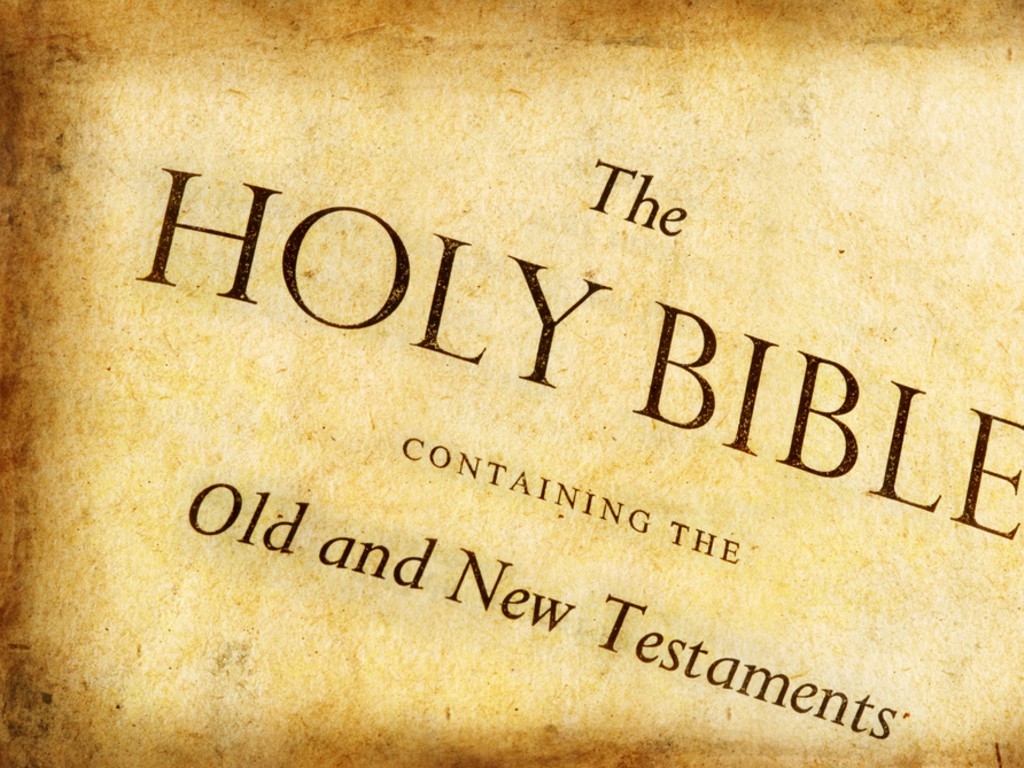
When a church ordains a man to the eldership, they call him to make certain commitments to God, to the congregation, to his fellow elders, and to himself. Those commitments provide a foundation for mutual service, understanding and accountability. Without such vows… well… what would it really mean to be an elder and vow nothing to anyone?
Making such promises ought not be done lightly. God witnesses the vows. The congregation and fellow elders depend on the faithful fulfillment. The elders integrity hangs on his word.
But not only on the elder’s word. God’s word also comes into play. The second question and answer in the vows we use read:
Do you believe the Scriptures of the Old and New Testaments to be the Word of God, totally trustworthy, fully inspired by the Holy Spirit, the supreme, final, and the only infallible rule of faith and practice? I do.
The Question
To put it simply, the elder is asked if he believes God’s word is completely true and truly complete. Does he receive the Bible as it really is, the very word of God.
Here’s a question that cuts against the spirit of the age, which loves a certain ambiguity posing as humility. To claim belief in the Old and New Testaments as the Word of God is to put yourself against the wisdom of this world, to take a stand at odds with the scientism of our day, and to risk being called a “bigot” or “neanderthal” given the way the world feels about the Bible’s morality and ethics. To take this vow is to swear off popularity and worldly acceptance.
But everything the elder entertains and undertakes finds its basis in the Word of God. The community of God’s people is formed by the word. The elder is qualified by the word. If he is faithful he must teach the word and defend the word (Titus 1:9). He leads the people in worship in accord with the word. The word is the source of his counsel–to others as well as himself. He finds comfort, guidance, hope and promise in God’s word. He has no authority apart from the word, and must lead in accord with both the spirit and letter of the word. Pastoral ministry is word ministry.
How can he be faithful if he wavers in belief, if he stumbles at the inspiration of the Scriptures, if he seeks another authority, or begins to suspect error? How can he be adequate if he thinks the word is not sufficient?
The Answer
The question calls for a simple but profound response: “I do.” I do believe the Scriptures of the Old and New Testaments to be the Word of God, totally trustworthy, fully inspired by the Holy Spirit, the supreme, final, and the only infallible rule of faith and practice.
But this is more than intellectual assent and theological precision. To answer “I do” to this question implies that you do this. You, in fact, trust the word of God. You treat the Bible as divinely inspired. You humble yourself under the word of God as though under the very scepter of God. This is what the elder must do because the elder must be an example of these thing to the flock. Imperfect though he be, he must nevertheless be someone the faithful can follow with reasonable confidence that they are at the same time following Christ’s word (1 Cor. 11:1). Such a man will be a blessing to any congregation.


















